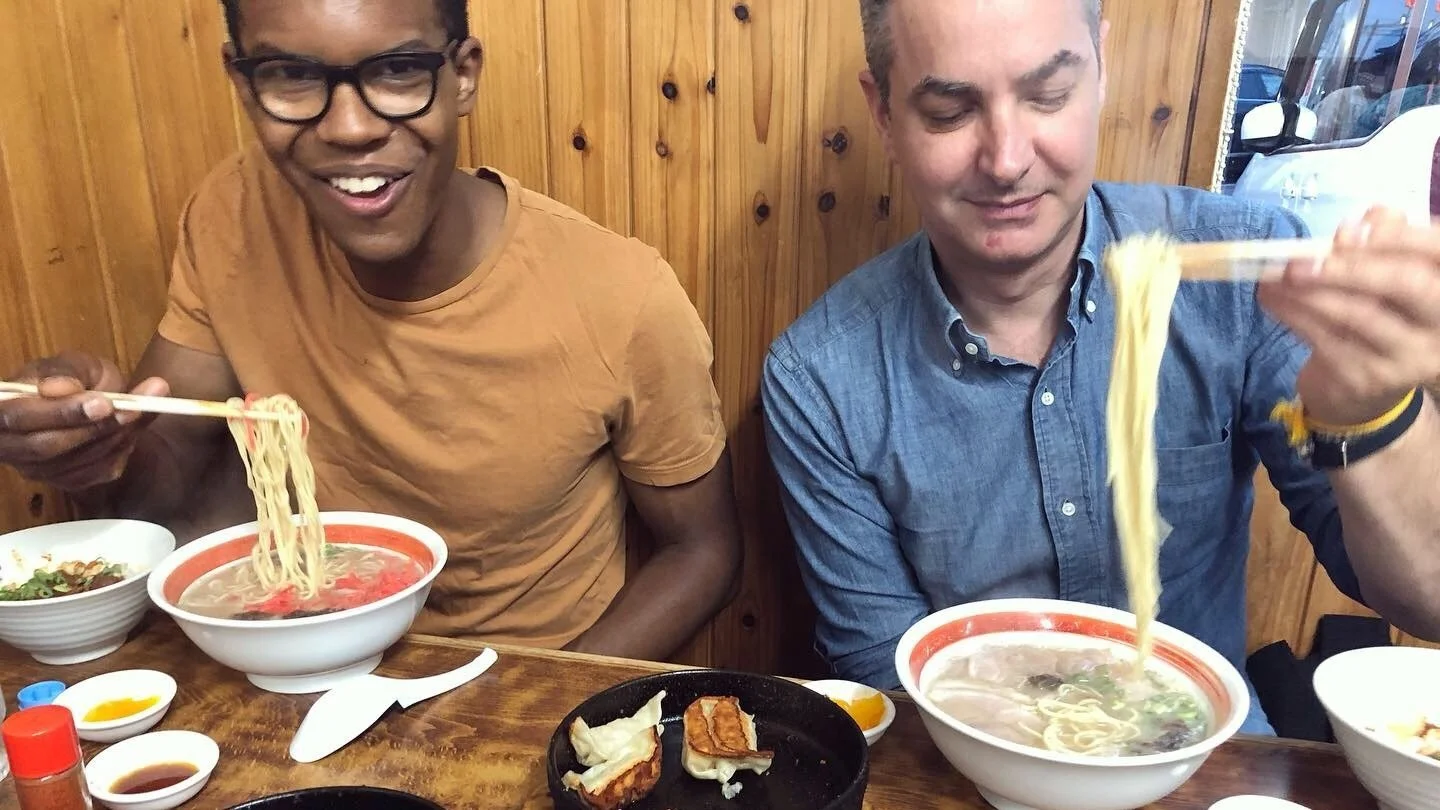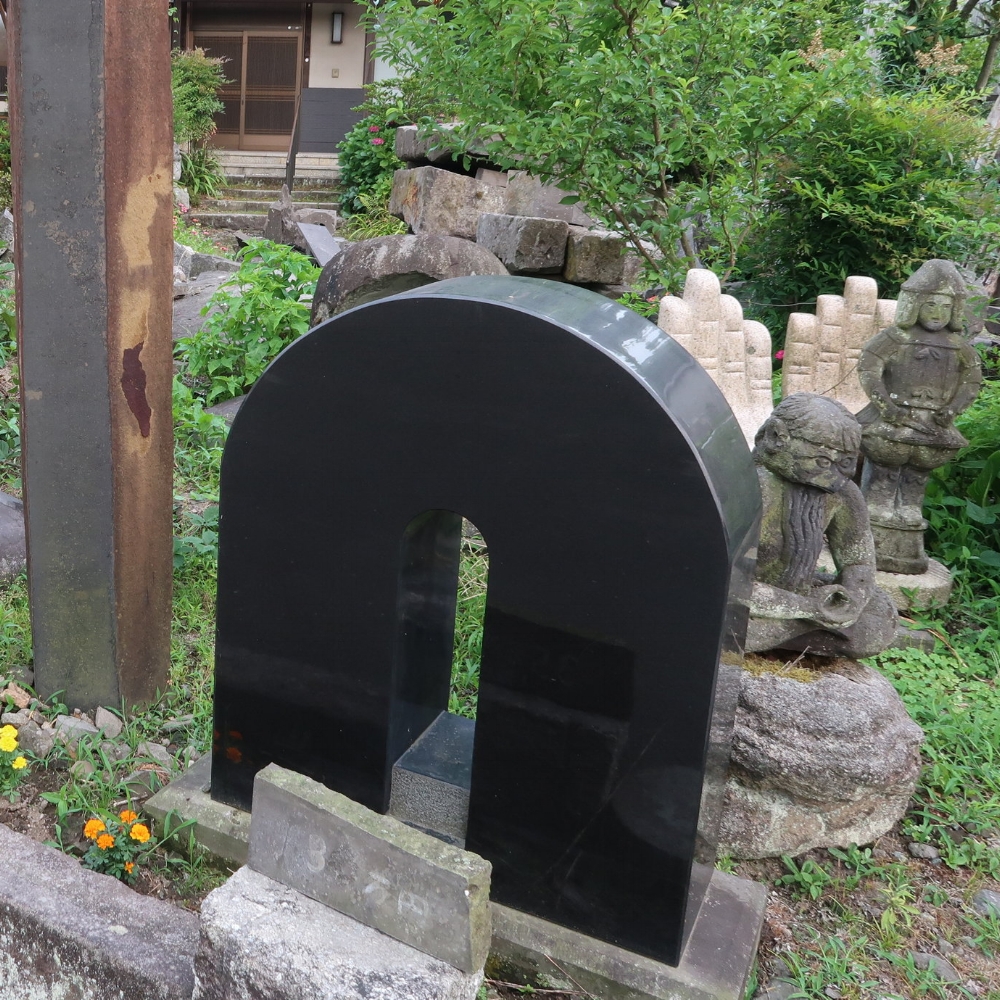


Experience an intimate, hands-on way of studying materials, form, color and product design through the lens of traditional Japanese craftwork.
Students will visit the factories and workshops of over a dozen traditional crafts, including woodworking, ceramics, textile weaving, lantern making, etc. and observe the nuances of how craft process and materials are carefully selected and manipulated for production. They will learn how traditional Japanese culture informed the development of these crafts and products and how the crafts and products have in turn informed Japanese culture, past and present. Students will be prompted to explore contemporary products reflecting their observations and will be offered an opportunity to have their designs selected for license and manufacture by the Museum of Modern Art Design Store.
SVA Made in Yame is open to the public. No previous association with SVA is required.




Upon completion of the program, participants will have the opportunity to show renderings or physical prototypes of their designs to buyers at the Museum of Modern Art Design Store’s product division, MoMA Wholesale. In its partnership with the SVA MFA Products of Design, MoMA Wholesale has had ten successful years of producing select designs by SVA students. SVA Made in Yame extends that partnership to include contemporary products influenced by traditional Japanese craft. Designs selected by MoMA may be licensed and distributed to retail outlets globally with full design credit, including the designer’s name, labeled on the packaging.
Yame is a small, rural city on the Western island of Kyushu, located one hour from Fukuoka City, the Brooklyn of Japan. Best known for its green tea, Yame is relatively untouched by tourism or large retail and quietly exemplifies the coexistence of traditional and contemporary Japanese culture.
Yame provides a unique context in which to explore the translation of Japanese crafts and forms into contemporary product designs.
SVA Made in Yame takes designers deep into the workshops and techniques of over a dozen crafts and invites them to create their own designs using the same materials and techniques.

Butsudan Making & Fine Carpentry

Lacquer Work

Fine Woodworking

Metalsmithing & Copper Engraving

Ceramic Design

Washi Paper Making

Paper & Silk Lantern Making

Bow & Arrow Making

Indigo Dyeing

Bamboo Weaving

Kasuri Textile Weaving

Stone Work

Sinclair is an industrial designer, a founding faculty member of SVA's MFA in Products of Design and Director of the SVA Visible Futures Lab. His studio, Sinclair Smith & Co., has provided product and interior design services for clients including Disney, This American Life, DKNY, Staple Design, Amex, BMW and Samsung. He holds a BFA in film production from NYU’s Tisch School of the Arts and a masters of industrial design from Pratt Institute.

Mizuho is a freelance publicist with experience in PR for professional sports associations, including Japan Professional Football League and major Japanese television stations such as TV Asahi. She currently specializes in promoting and reviving local craft traditions and economies and creating local movements that regain civic pride. Mizuho serves as a board member for an intellectual property law firm, allowing her to protect the IP of traditional craftspeople and expand their scope of business.

Having spent half of her life in Japan and the other in the US, Manako is a bilingual and bi-cultural designer. She brings her personal experience in multicultural upbringing and her background in anthropology to her design work. After receiving her BA in anthropology from Reed College, Manako worked in supply chain management for a major Japanese chemical company Toray Industries, and in marketing for an Italian furniture manufacturer Kartell. She holds an MFA in Products of Design from School of Visual Arts, and is currently based in New York City.

Kenichi runs Yabeya Konomi Honke, the oldest tea wholesaler in Kyushu, founded by Jinshiro Konomi in 1704. For centuries, the Konomi family has played a central role in Yame City and Kenichi carries the tradition of preserving the land along with the tea production. He continues to improve the quality of Yame tea blend and promote its cultural aspect for generations to come. The Japanese government certified Konomi Honke as an authentic brand in Japan and it is sold on Shinkansen (aka “the bullet train”).

Yoshitaka went through lacquer apprenticeship training after graduating from college in Kiso. In Yame, he works as a lacquer craftsman and serves as the vice chairman of Yame Fukushima Butsudan Union and the leader of a Union which consists of altar craftsmen in the Yame area. The altar style is called “Yame Fukushima Butsudan” and is designated by the Minister of Economy, Trade and Industry as a national traditional craft. Yoshitaka has developed and manufactured original speakers with contemporary and innovative designs, incorporating traditional lacquer and gold foil press techniques.

Hailing from the Kinoshita family that runs Kitaya Sake Brewery, a two-hundred-year-old institiution in Yame, Kaz was born to be an ambassador for Japanese food culture. He has worked as a sake sommelier in one of Singapore’s most renowned Japanese restaurants and helped popularized sake in New York City’s dining scene. Leveraging his international experience, he now holds promotional events for hard-to-find craft sakes throughout Japan and internationally to educate the public on the art of sake.